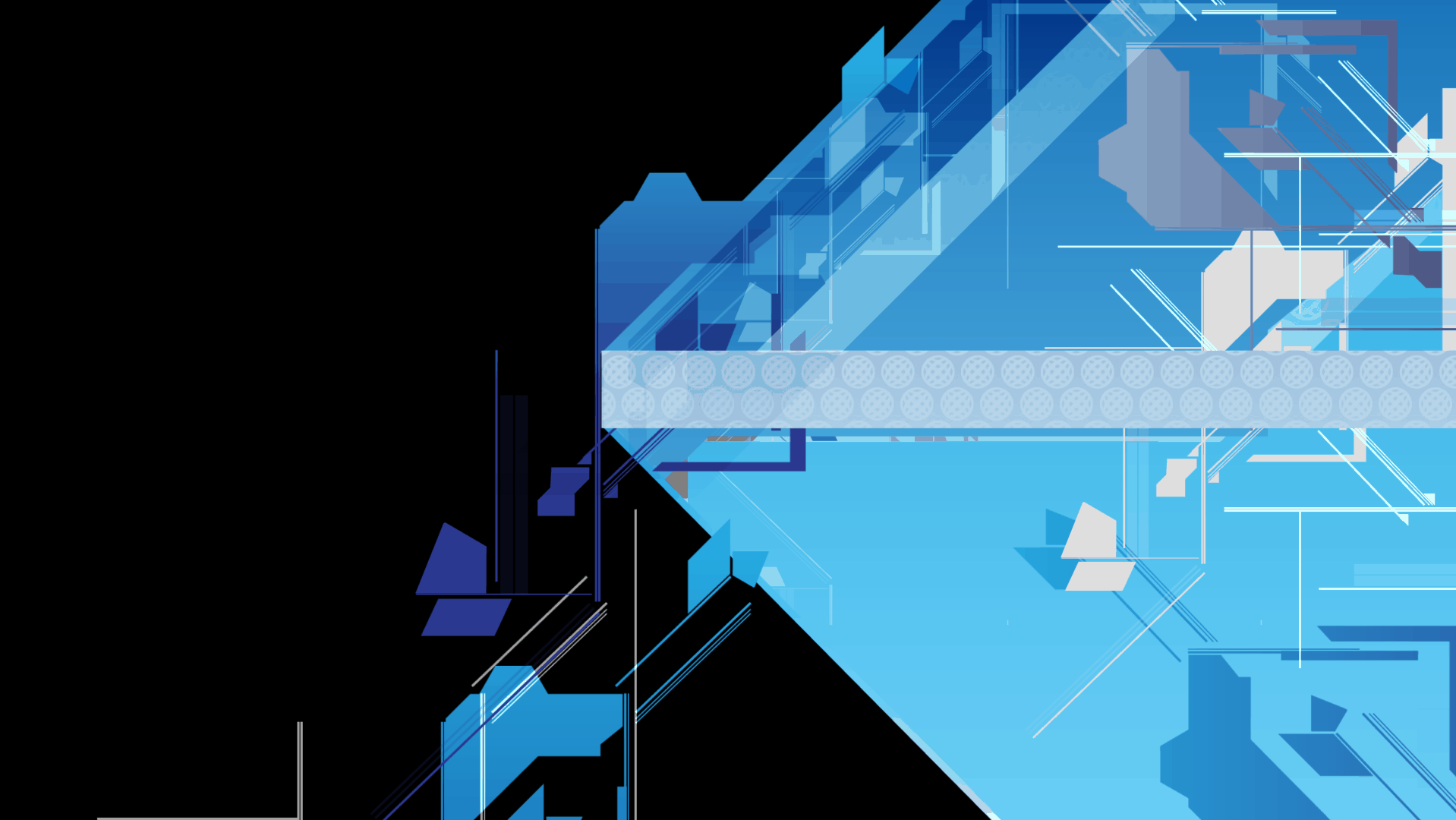
In the latest Executive Insight video supported by Mahindra Comviva, we look at the evolution of the mobile money space in Africa. Here, MEF talks to Adia Sowho, director of digital business at Etisalat Nigeria, about the challenges and opportunities for the market in Nigeria.
In the banking world, there is much talk about inclusion. Banks and card schemes frequently discuss the challenge of bringing billions of unbanked people into the world of traditional financial services.
There’s no similar conversation in mobile. There’s no need. Virtually everyone is already included.
In Nigeria, for example, there are an estimated 61.1 million active bank accounts, but there are 149 million mobile subscribers. It is a country with 173 million inhabitants.
And this is why mobile operators believe they can play such an important role in bringing the many benefits of financial inclusion to millions of people.
We don’t discuss inclusion in telecoms, whereas the banking industry still has to… our businesses can learn a lot from each other. We can find out more about how to sell financial services, and banks could learn from us about how to use customer knowledge data to create new products
Adia Sowho, director of digital business at Etisalat Nigeria, says: “We don’t discuss inclusion in telecoms, whereas the banking industry still has to. We have structured our business differently for each level of the pyramid. So we have dedicated people creating one to one relationships with higher value customers. But at the same time we we have a retail store in a bus, so we can meet a few thousand customers in rural locations every week.
“So our businesses can learn a lot from each other. We can find out more about how to sell financial services, and banks could learn from us about how to use customer knowledge data to create new products.”
Sowho’s comments articulate why banks and operators want to encourage mobile money take-up. For banks, mobile banking can bring in millions of new customers while for MNOs it offers an opportunity for new revenue and anti-churn.
But there are undeniable societal benefits too.
“Here’s my vision for mobile money in Nigeria,” says Sowho. “I want a situation where I have an employee and I ask him ‘do you have a bank account?’. He says no, and I tell him to dial a USSD code and from that he can receive his salary, buy airtime, play the lottery, buy some groceries. He can just participate in the formal and informal economy from that account.
“That’s how I’d like to see the world versus now where he can get robbed on pay day – or where he has to go to the hospital to pay 40 per cent of his monthly salary to get healthcare. I’d like to bring aboard those near the bottom of the pyramid, and give them services to make their lives easier.”
In fact, this process is already under way. The Central Bank of Nigeria has a stated financial inclusion strategy for the country, and Etisalat is playing its part.
In 2012, the MNO launched Easy Wallet. It’s a USSD-based service that supports paying for goods and services, bills, transferring money between bank accounts, withdrawing cash and topping up airtime.
 And in May 2015, Etisalat Nigeria formed a strategic alliance with Guaranty Trust Bank to give unbanked Nigerians an easy way to open a GTEasySavers savings account. Customers simply dial 737*0# and they are then sent a ten digit account number via SMS immediately. They can top up with cash at Etisalat Experience Centers and GTBank branches.
And in May 2015, Etisalat Nigeria formed a strategic alliance with Guaranty Trust Bank to give unbanked Nigerians an easy way to open a GTEasySavers savings account. Customers simply dial 737*0# and they are then sent a ten digit account number via SMS immediately. They can top up with cash at Etisalat Experience Centers and GTBank branches.
In fact, the project was such a success that Etisalat was responsible for 20 per cent of new Guaranty accounts in 2015. “That was quite a victory in terms of the savings compared with the resources that would have been employed,” says Sowho. “We did it with a few strokes on a USSD menu.”
Now, the challenge is to build on this momentum. Sowho stresses that Nigeria needs a better agent network to give users more opportunity to engage with mobile money and also to learn about what’s possible.
Indeed, she is acutely aware that wallets should do more than merely provide a safer place to locate a salary.
She says: “One must take a holistic approach. First you have to give customers the account, but then create value propositions that come from repeated usage. We need a variety of critical use cases so people have reasons to keep going back to that account. Like insurance or even bond trading.”
Again, Sowho argues that operators can make a big difference here. Why? Because of data.
“Right now in Nigeria we don’t have good ID systems – and you can’t make good financial decisions without them,” says says. “But telcos have long term relationship with consumers through the phone number. So even if you look at something simple like recharge behaviour you can understand a lot about a person from that. We can use this information to help banks make credit decisions.”
Happily, after some false starts, the Nigerian authorities now appear committed to accelerating the take-up of mobile money. In 2016, the Central Bank launched the USSD mCash system as an alternative merchant payment system in the country.
It is available to over 28 million account holders in Nigeria, and multiple banks and MNOs are backing it. Merchants like it because transactions run on Nigeria’s existing NIBSS Instant Payment infrastructure. This means they get paid fast, and don’t need expensive POS.








One Comment